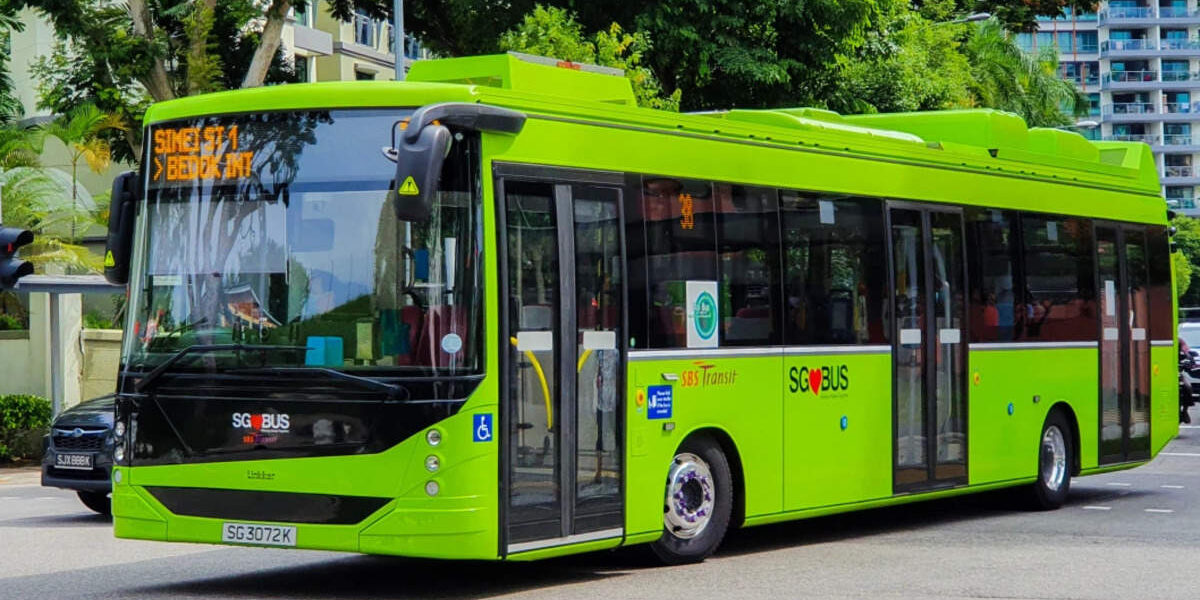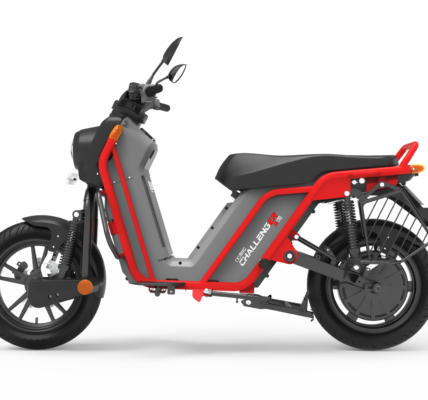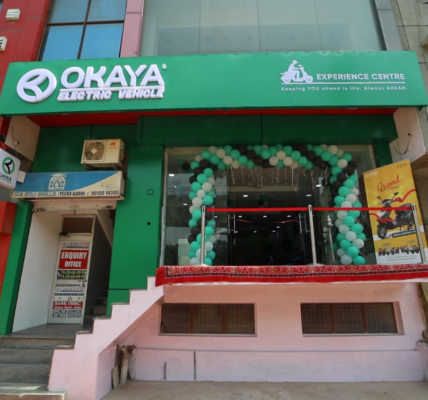ICRA points out that the government has sought to boost e-bus adoption through bid aggregation under tenders floated by Convergence Energy Services Limited (CESL). Despite successful OEM participation in the initial tenders, CESL’s third tender faced limited participation due to concerns about the absence of a payment security mechanism and a proposed dry lease model. Addressing these concerns is deemed crucial for sustaining the increased pace of e-bus adoption.
Electric buses are poised to represent up to 13 percent of new bus sales by FY 2025, an ICRA report stated on November 17. The ICRA observed that various state Electric Vehicle (EV) policies have outlined specific targets and timelines for the adoption of e-buses, establishing a clear roadmap for electrification.
Noting considerable operational cost savings compared to traditional diesel buses, ICRA anticipates a continued uptick in demand for e-buses, as per PTI.
In a report, ICRA positions electric buses (e-buses) as a driving force in India’s electrification initiative, projecting a robust trajectory for the segment and estimating e-buses to constitute 11-13 percent of new bus sales by fiscal year 2025.
The report highlights expectations of government subsidies and advancing technologies contributing to a further reduction in the capital costs associated with e-buses.
The growth in the e-bus segment is evident over the past few years, with e-bus volumes and penetration levels steadily increasing to 7 percent in FY 2023, according to ICRA.
Progress toward achieving e-bus deployment targets under the Faster Adoption and Manufacturing of Hybrid and Electric Vehicles (FAME) scheme has been consistent, with momentum expected to build until the scheme concludes in March 2024.
ICRA points out that the government has sought to boost e-bus adoption through bid aggregation under tenders floated by Convergence Energy Services Limited (CESL).
Despite successful OEM participation in the initial tenders, CESL’s third tender faced limited participation due to concerns about the absence of a payment security mechanism and a proposed dry lease model. Addressing these concerns is deemed crucial for sustaining the increased pace of e-bus adoption.
The recent announcement of the PM e-Bus Sewa scheme by the government, aiming to provide 10,000 e-buses to 169 cities under a Public Private Partnership (PPP) model, is noted.
As the FAME II scheme concludes in March 2024, demand aggregation through CESL or under the PM e-Bus Sewa scheme is anticipated to bolster e-bus volumes as subsidies are phased out gradually, according to ICRA.
ICRA emphasised that addressing OEM concerns regarding the implementation of payment security mechanisms and the availability of long-term funding avenues is essential to maintaining the current momentum in electrification efforts.







